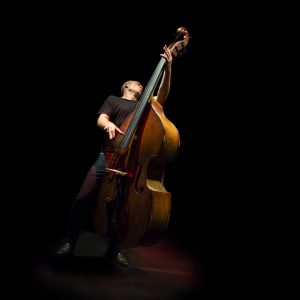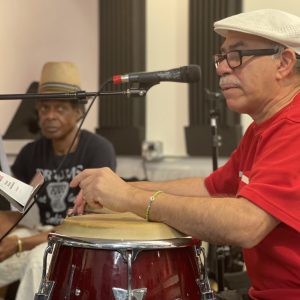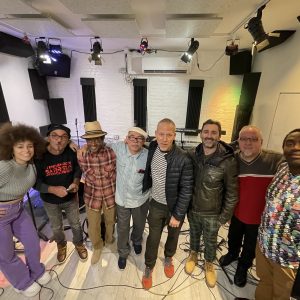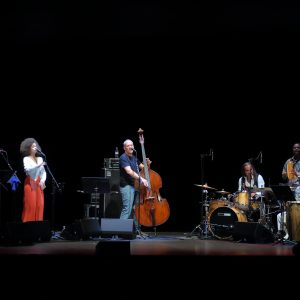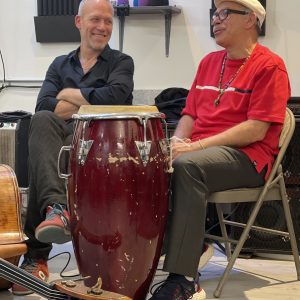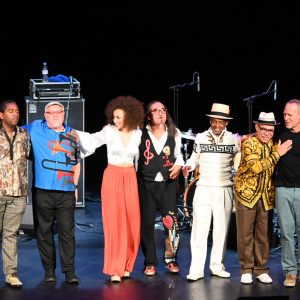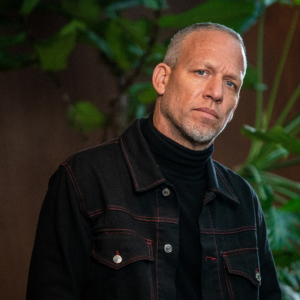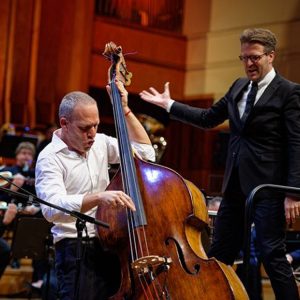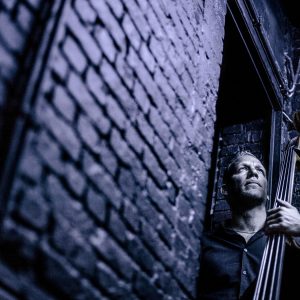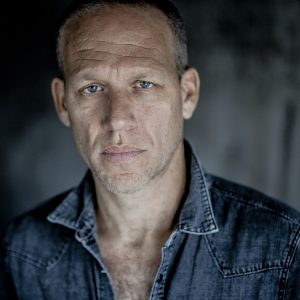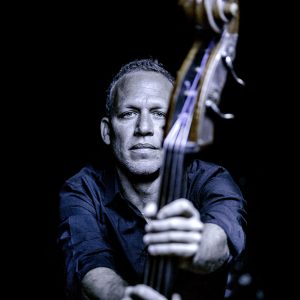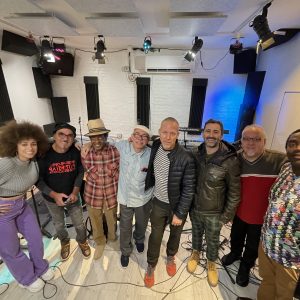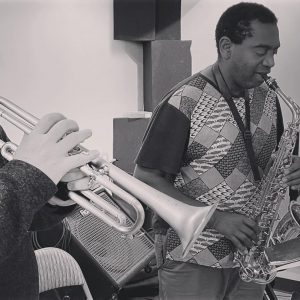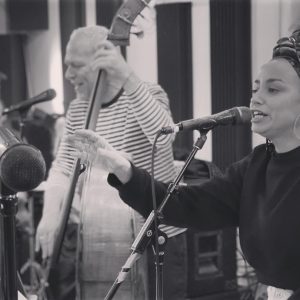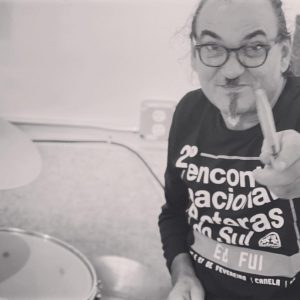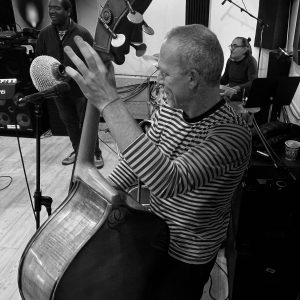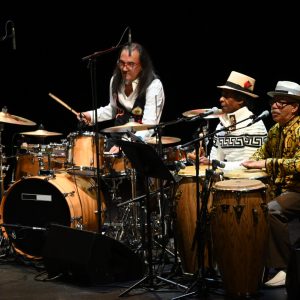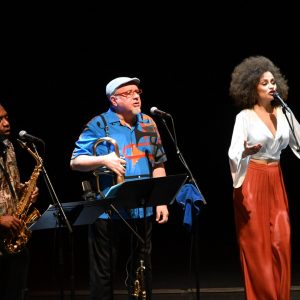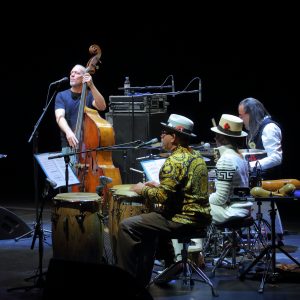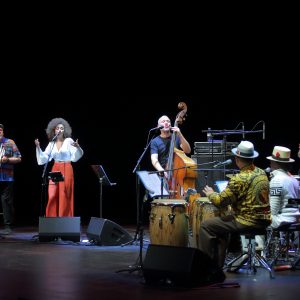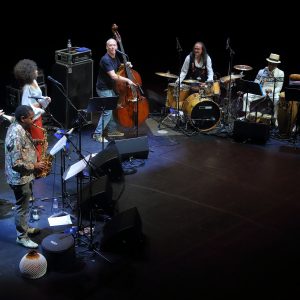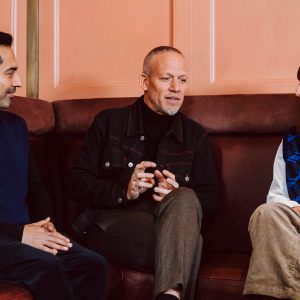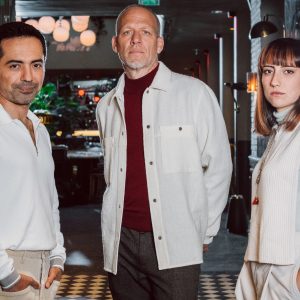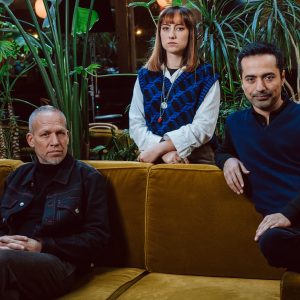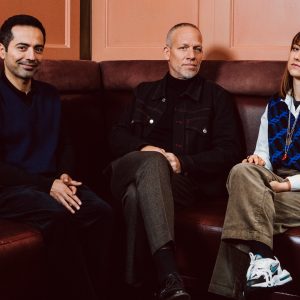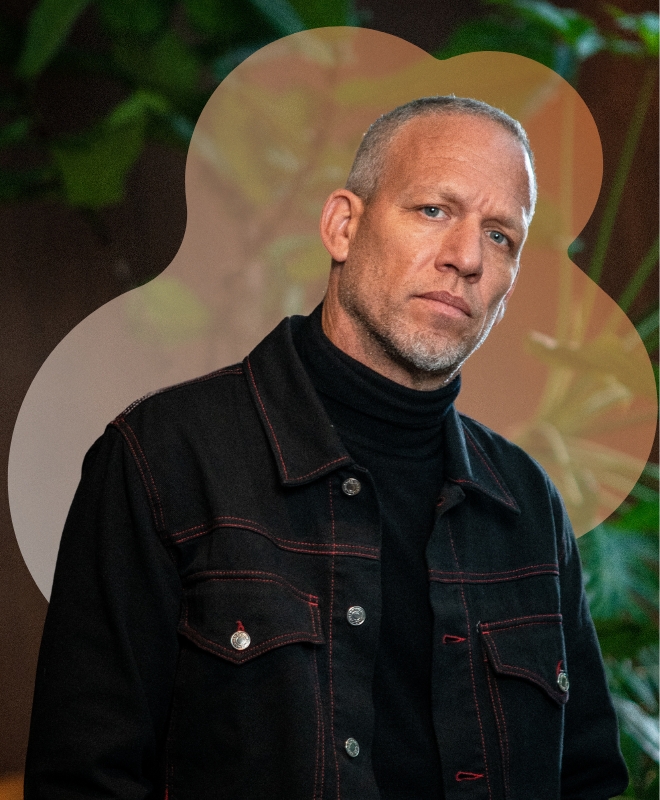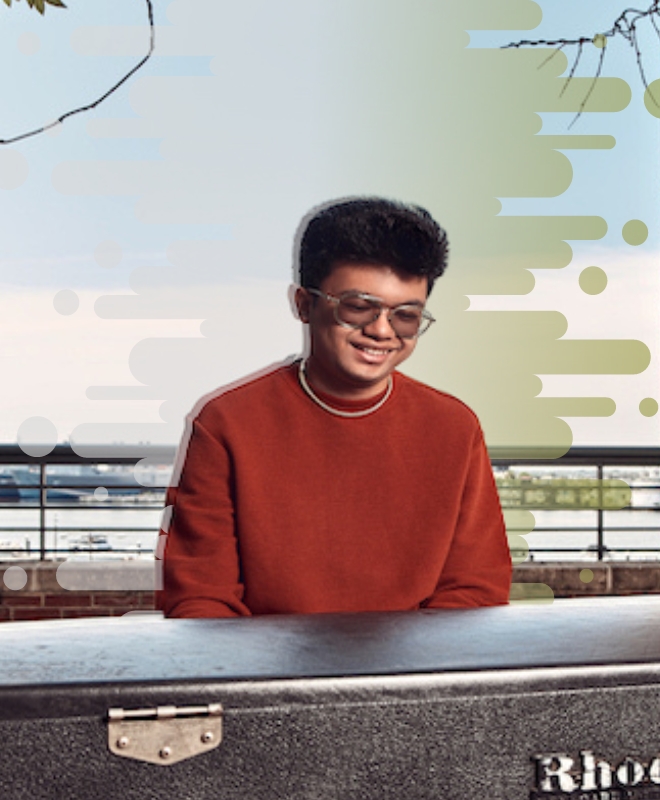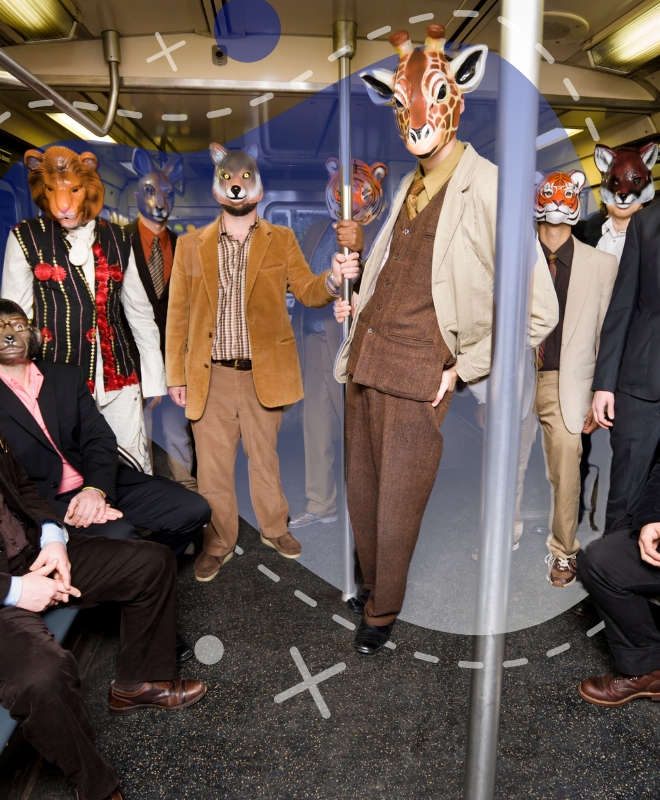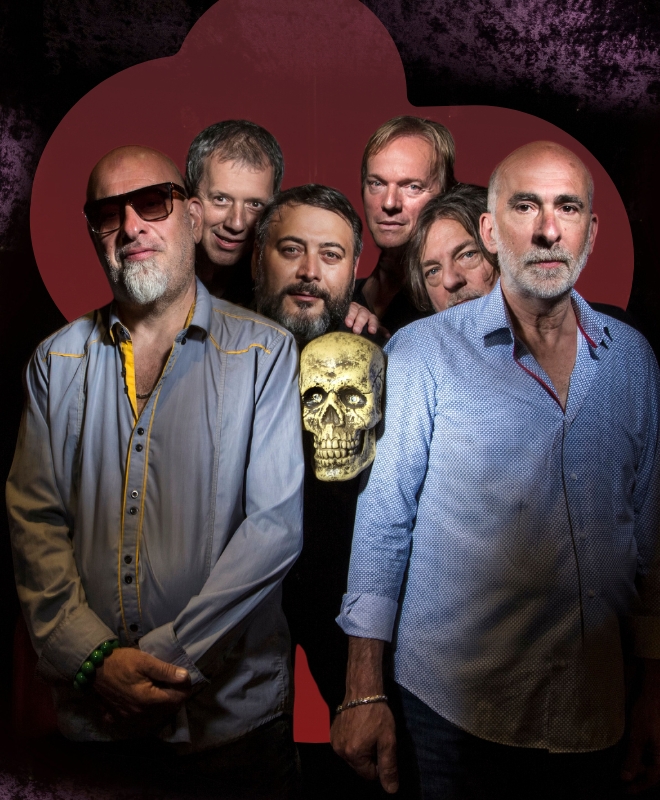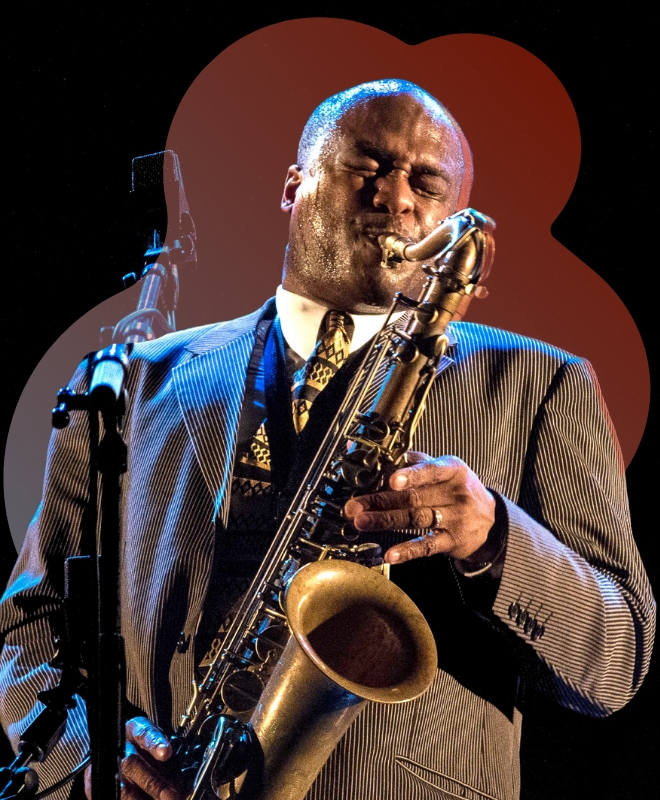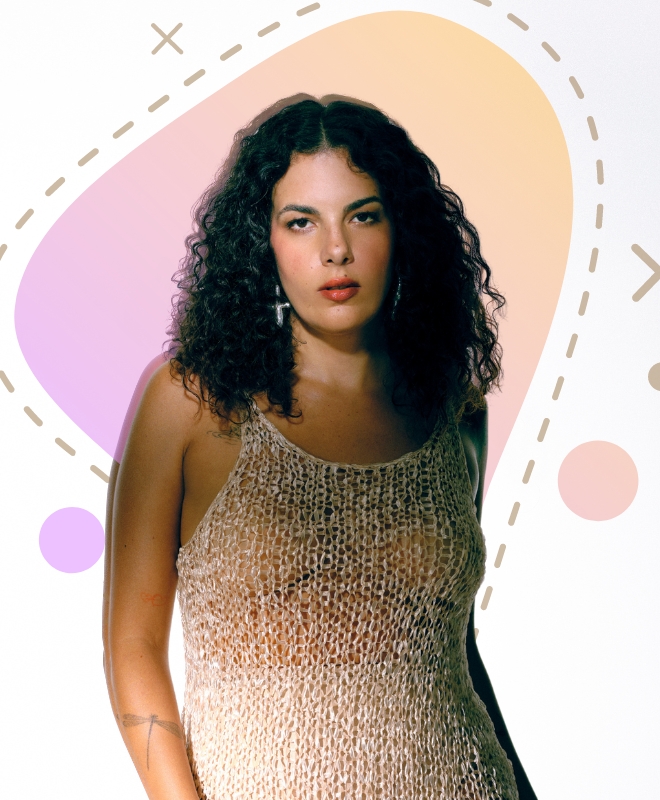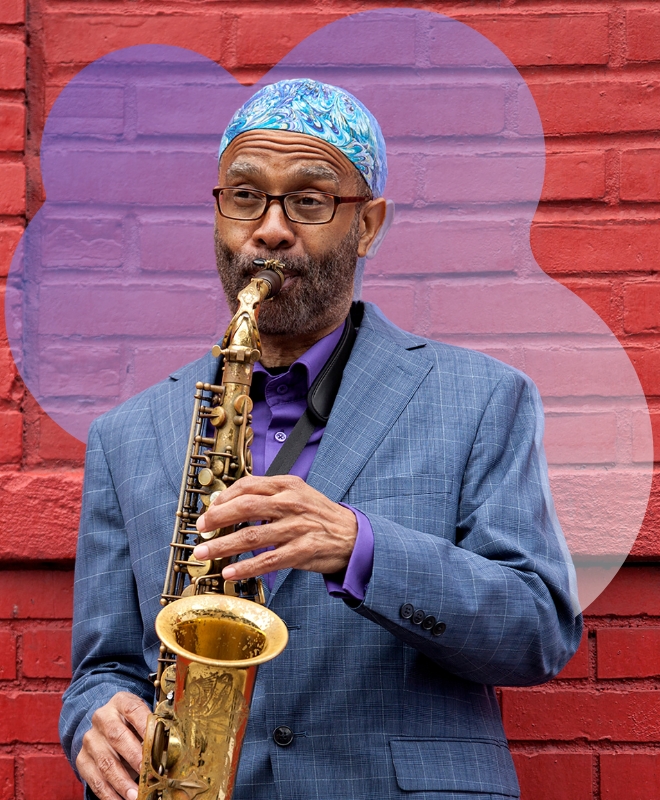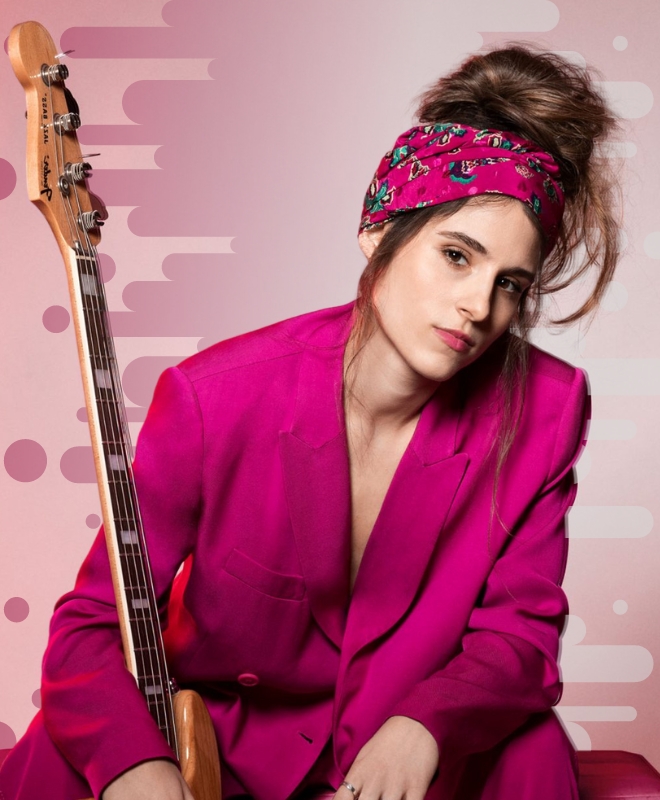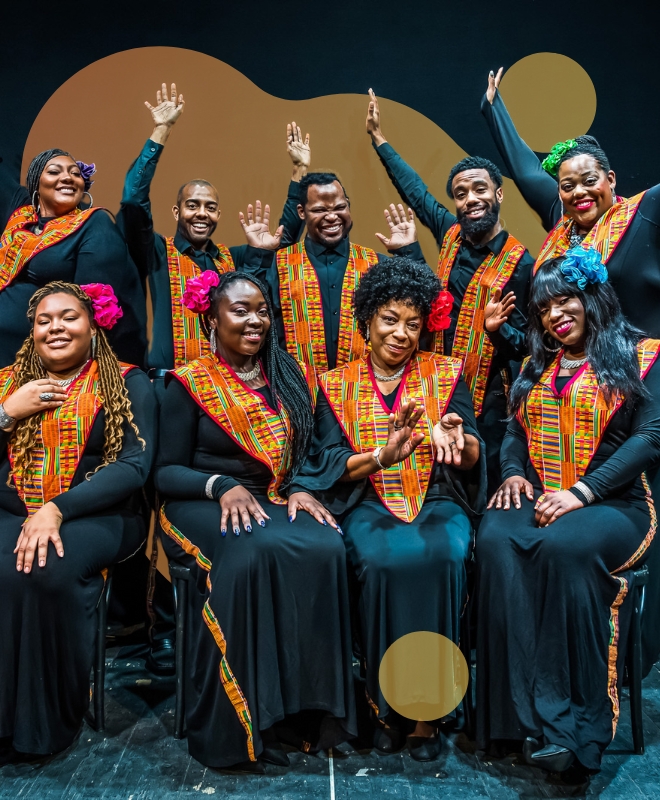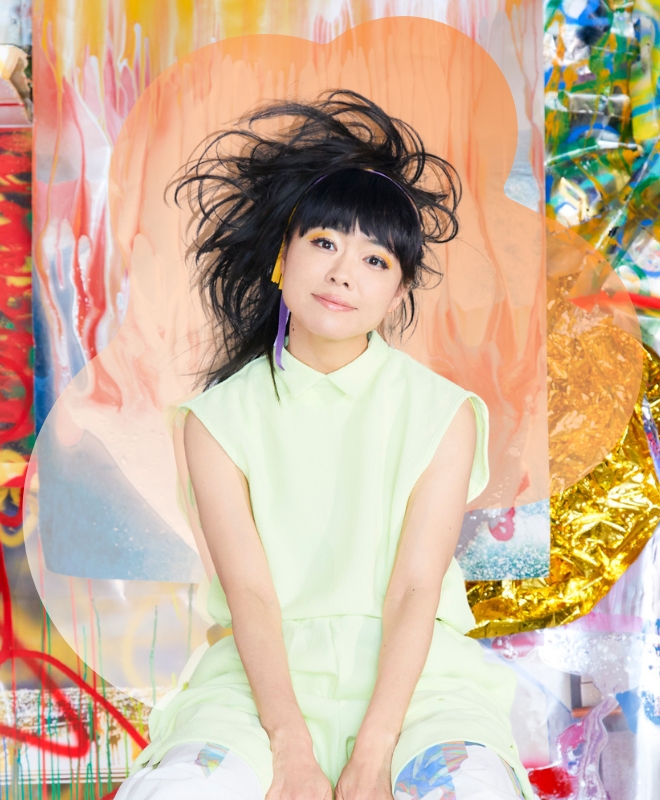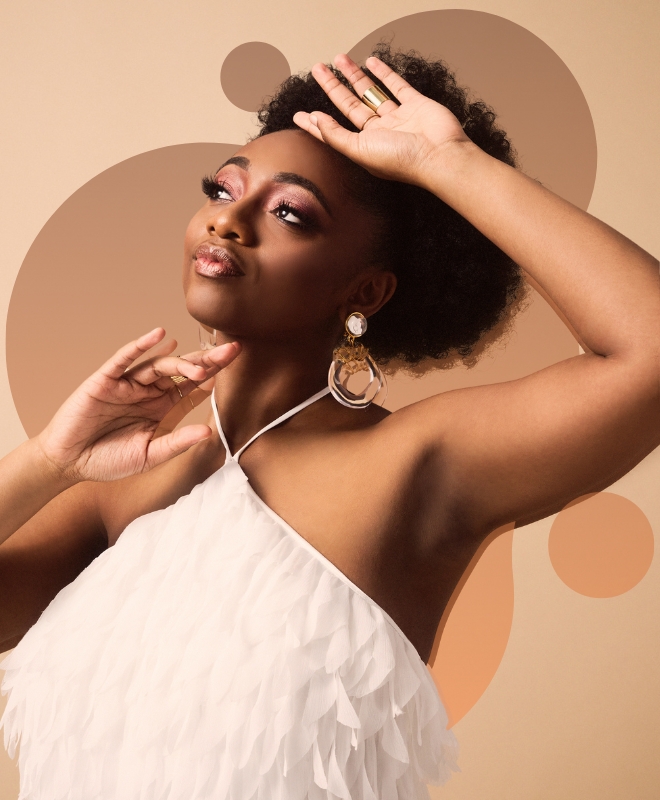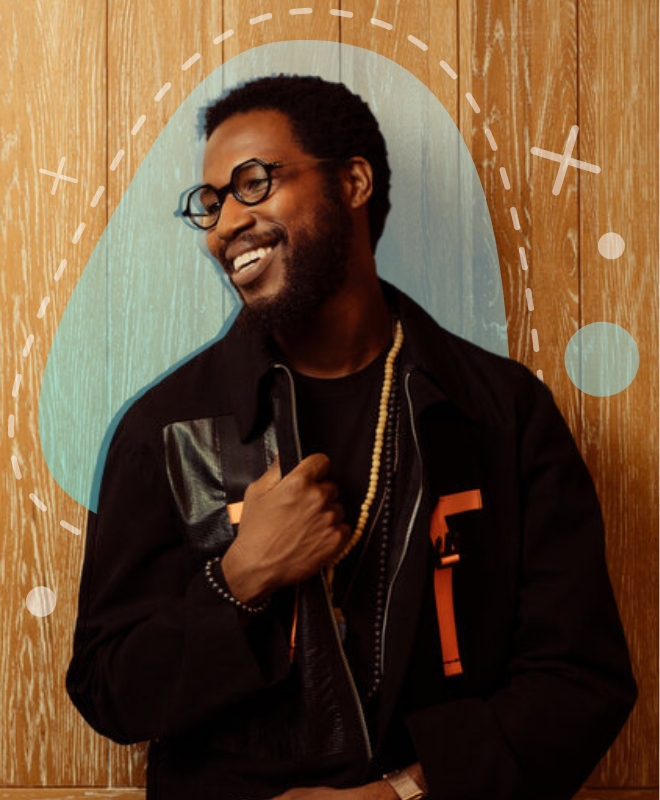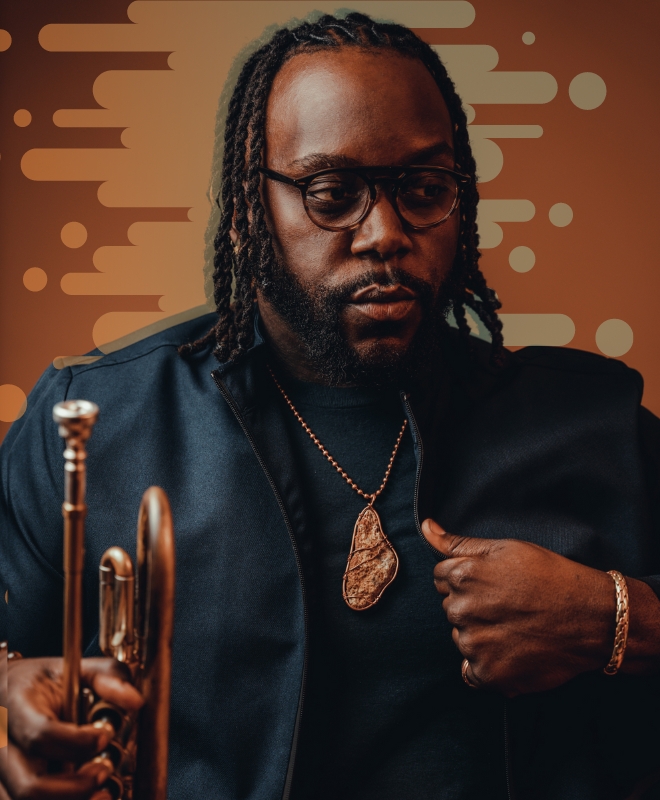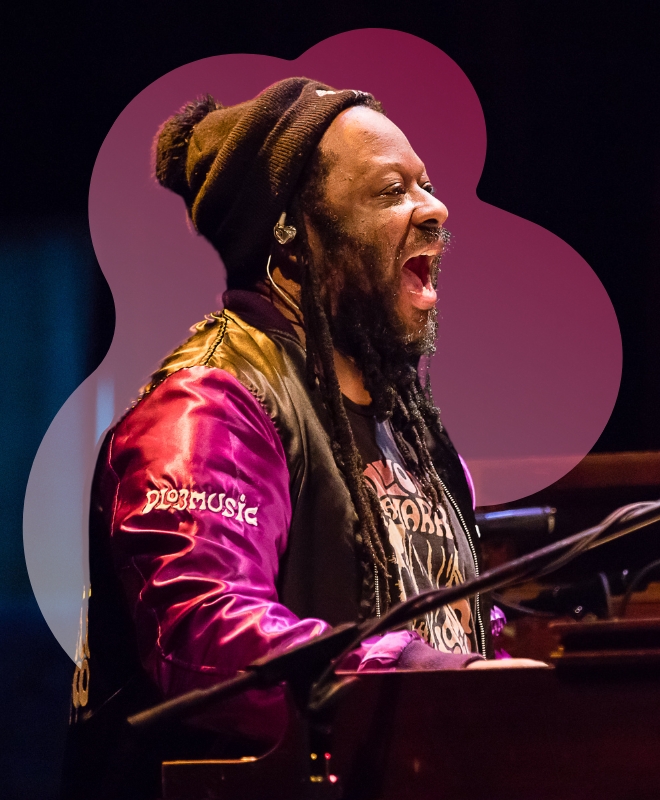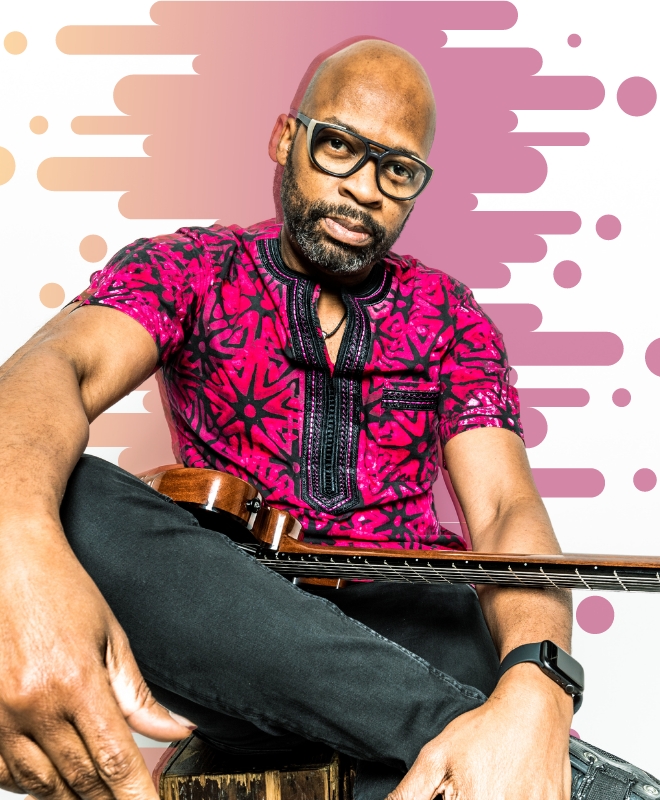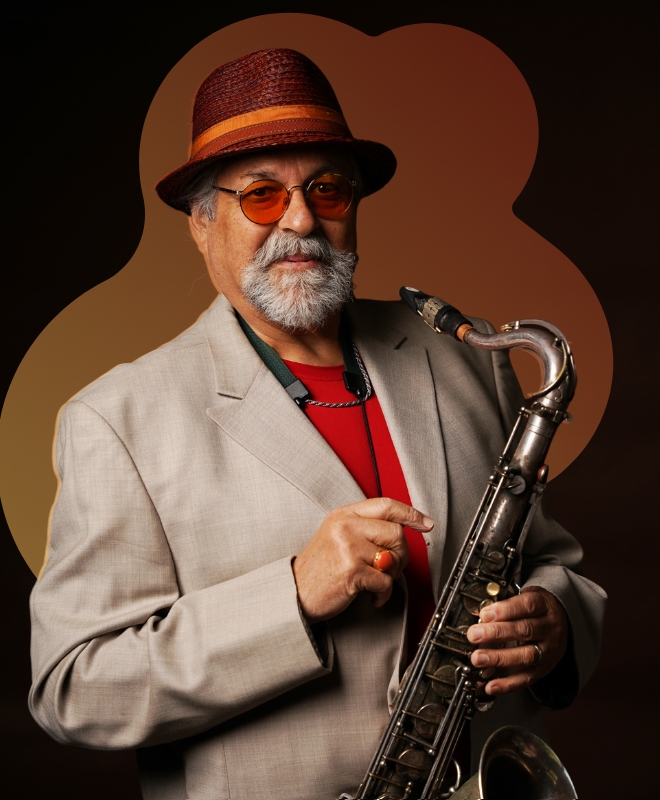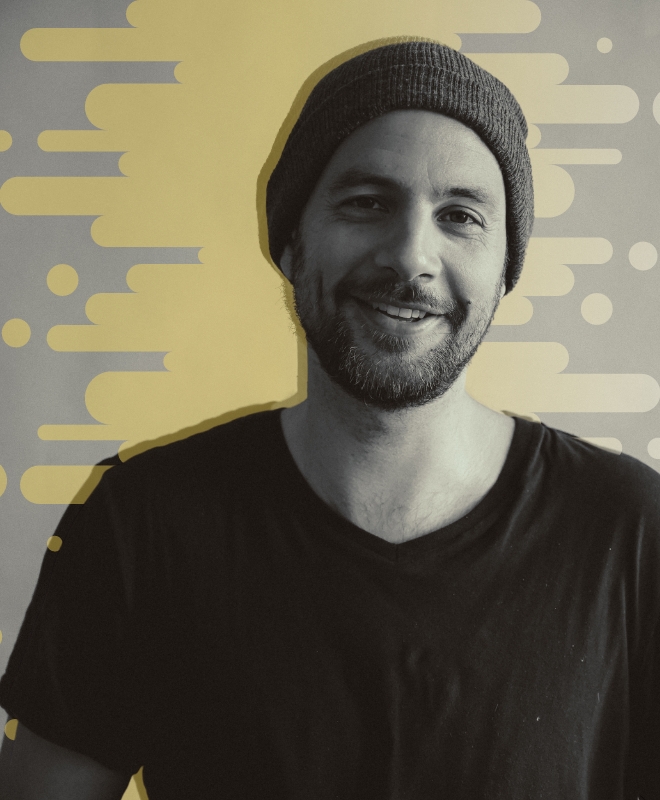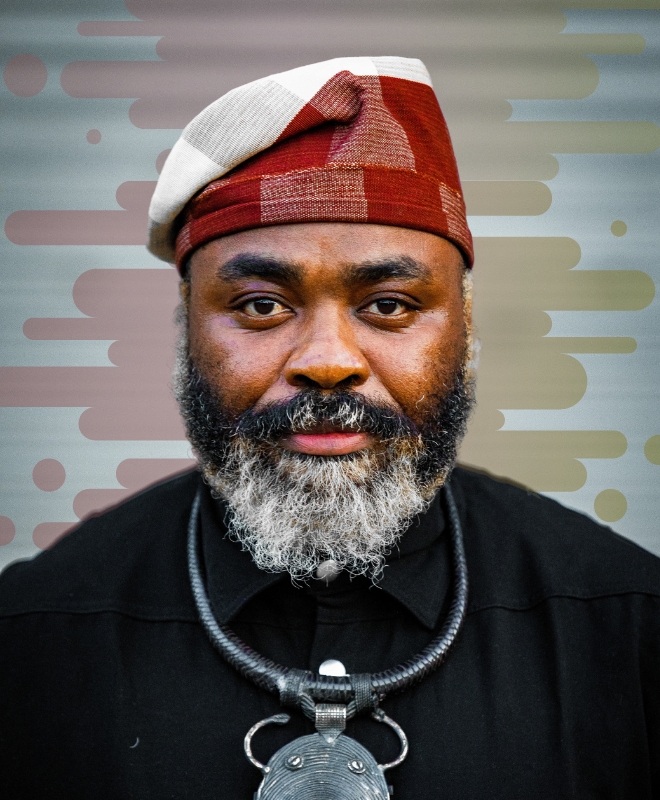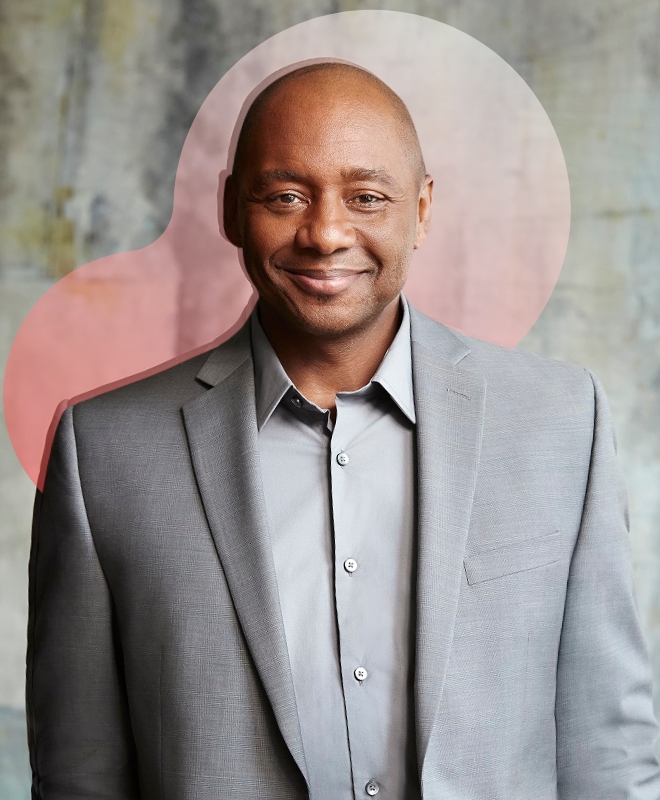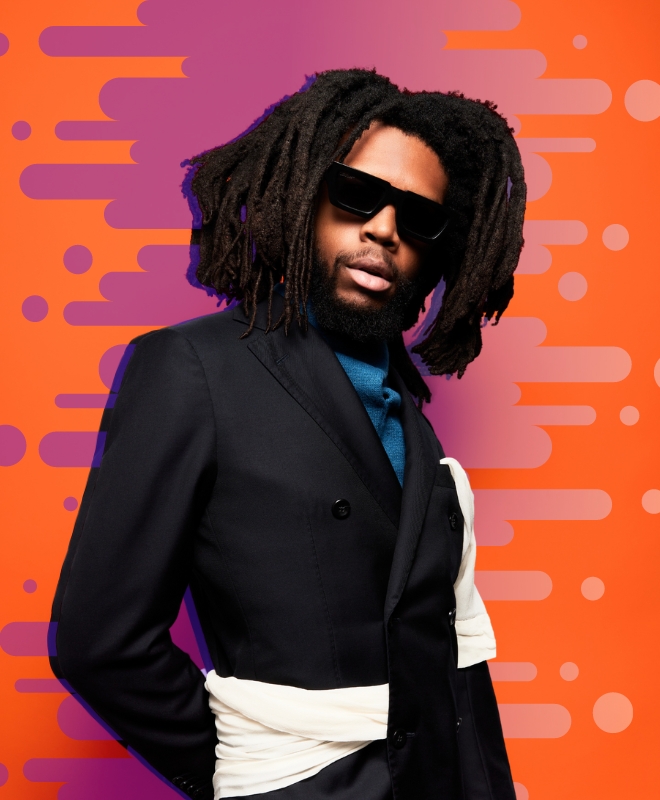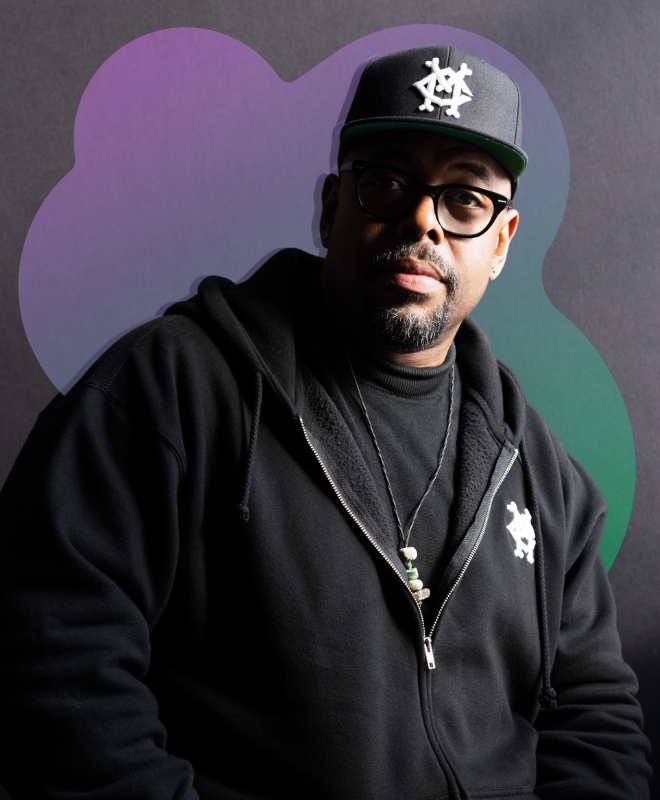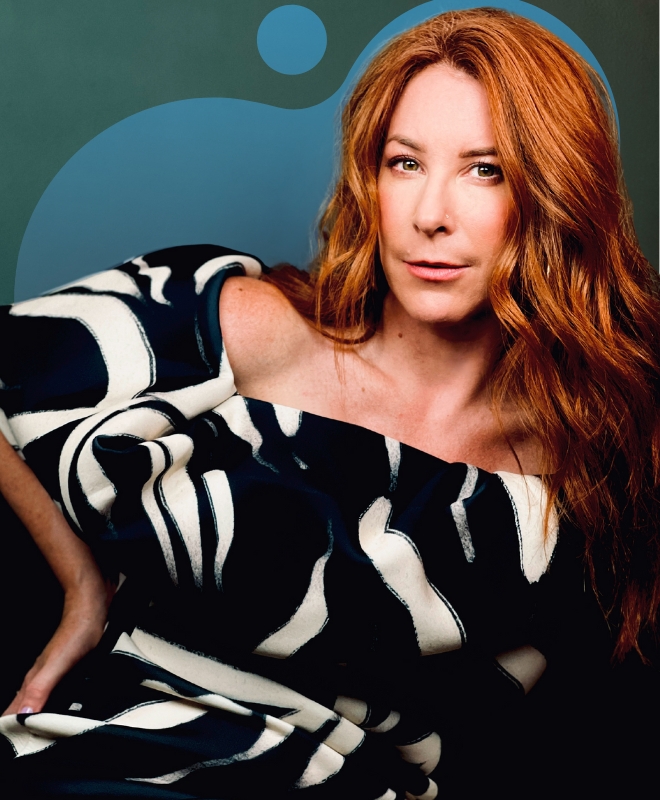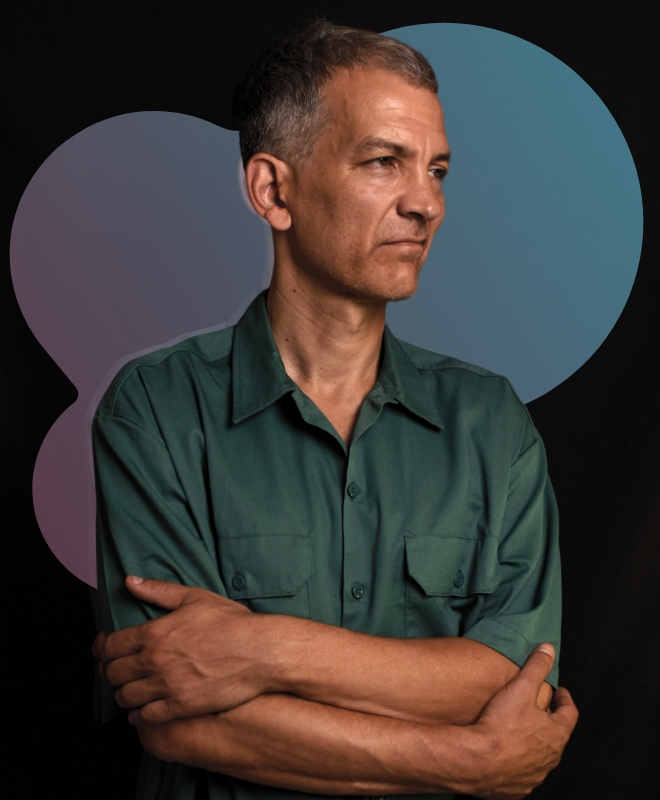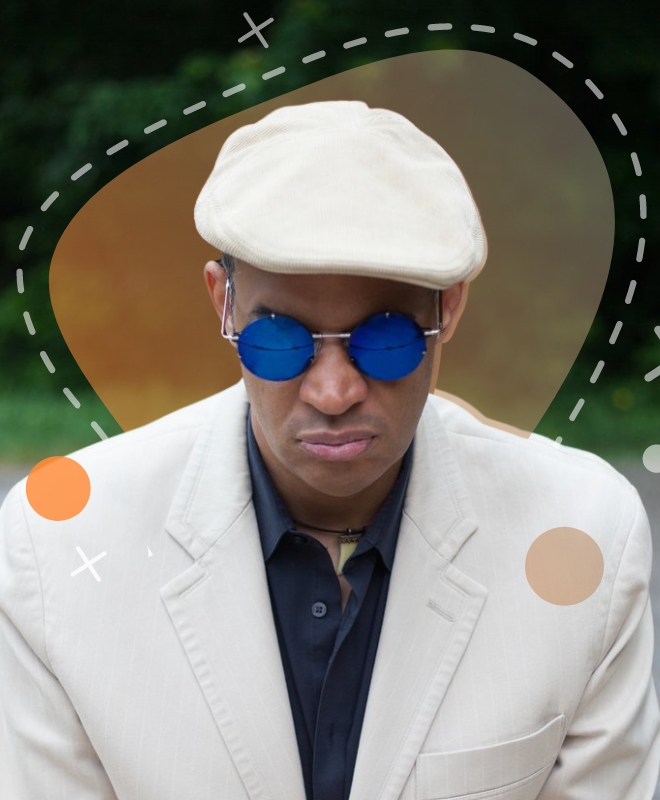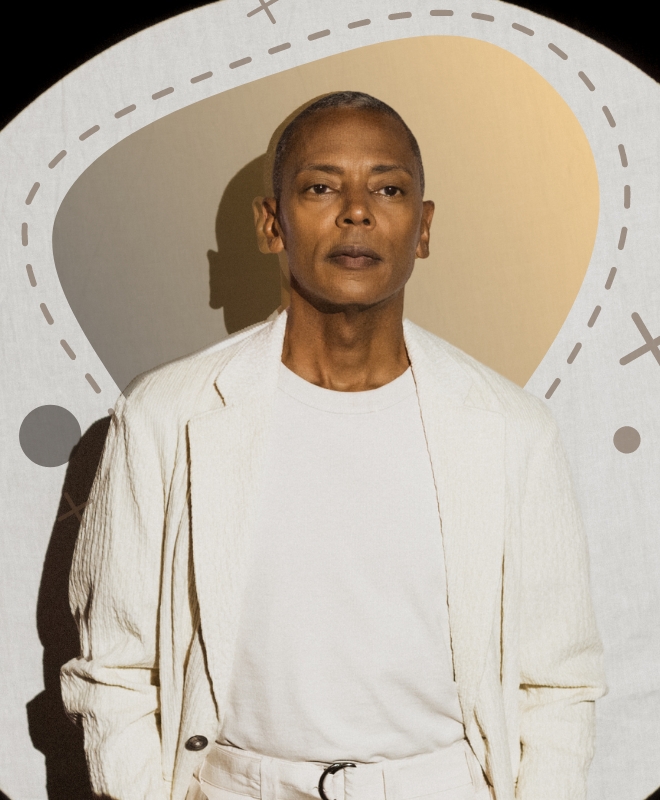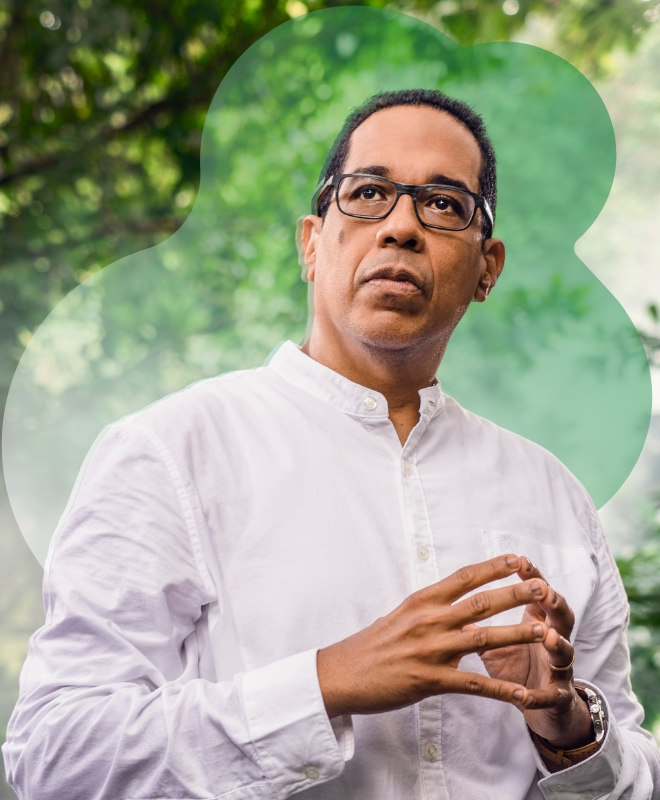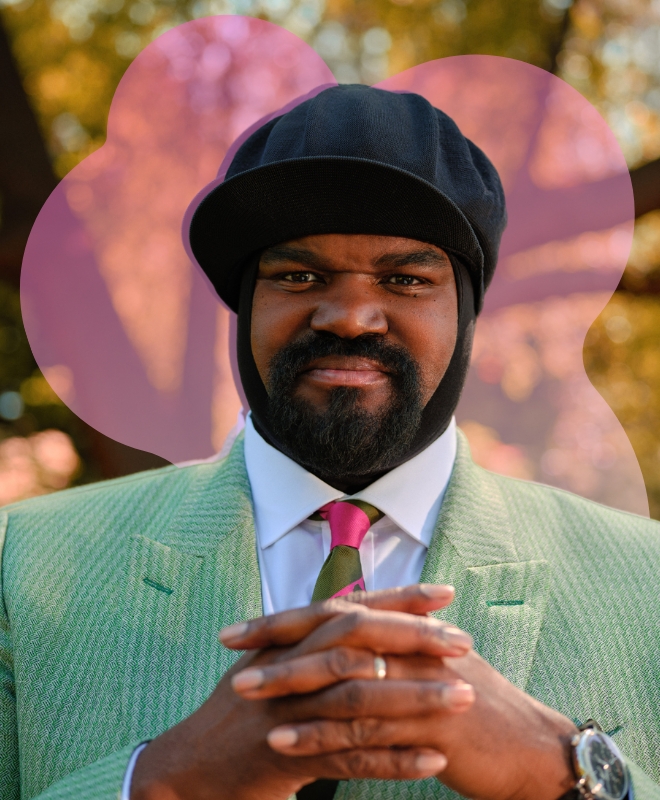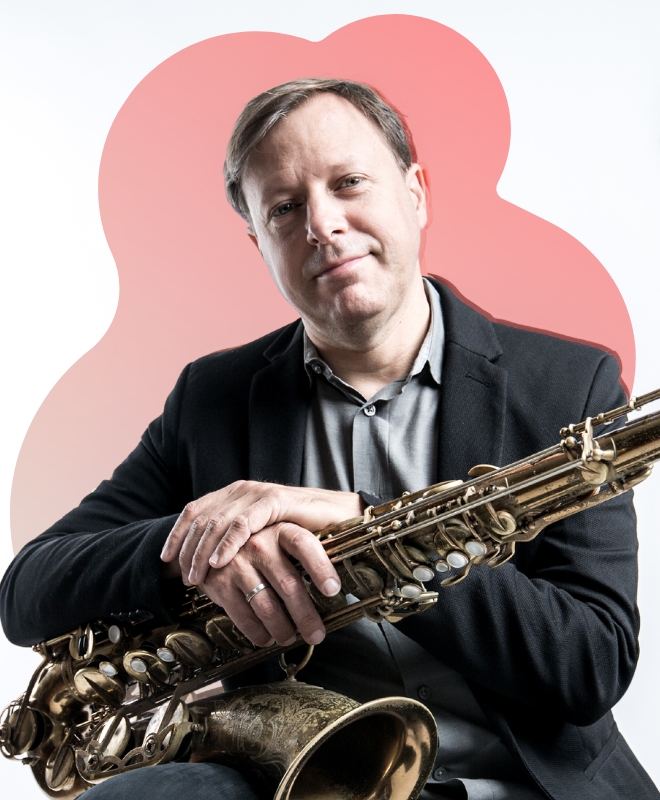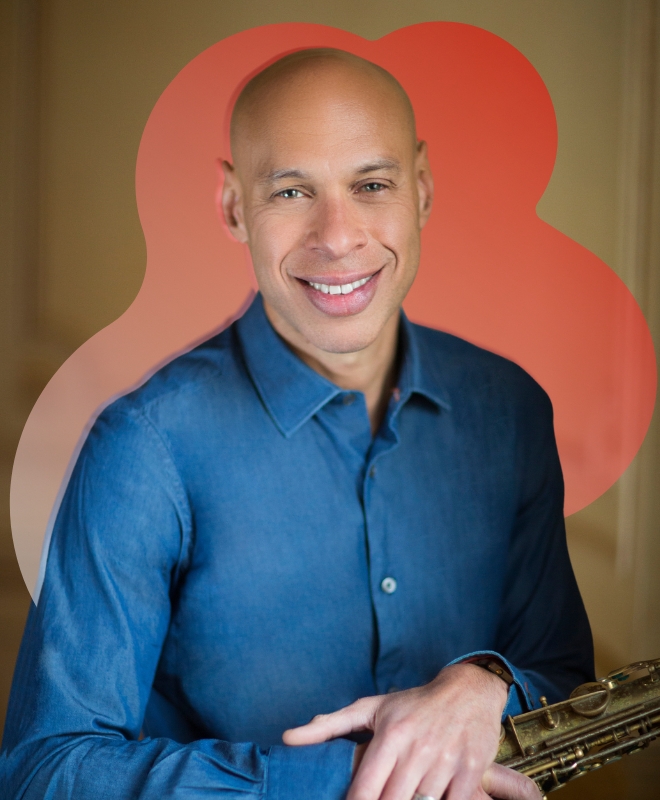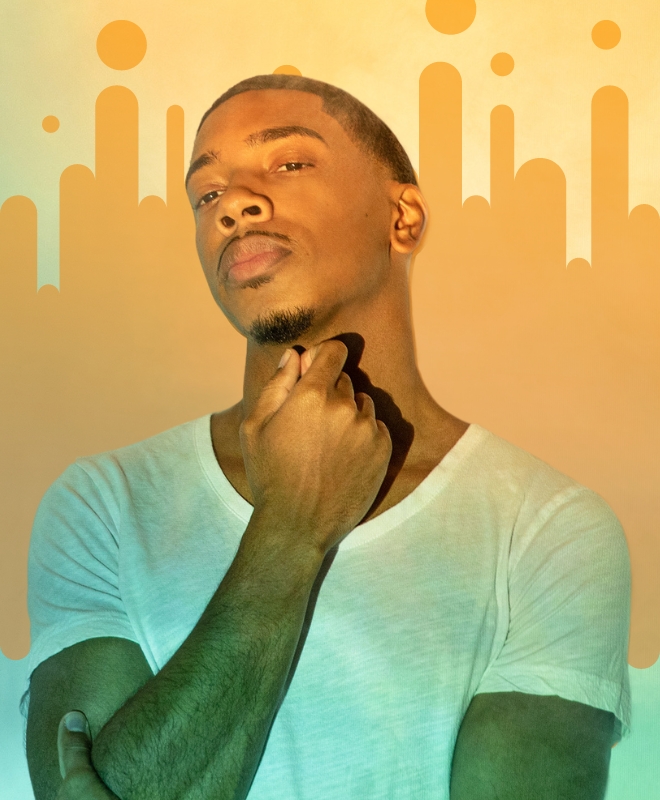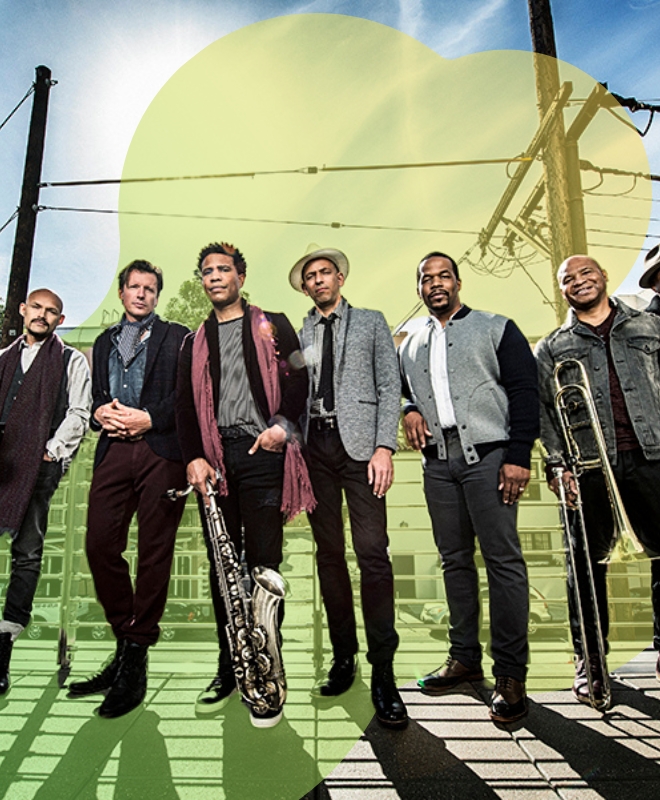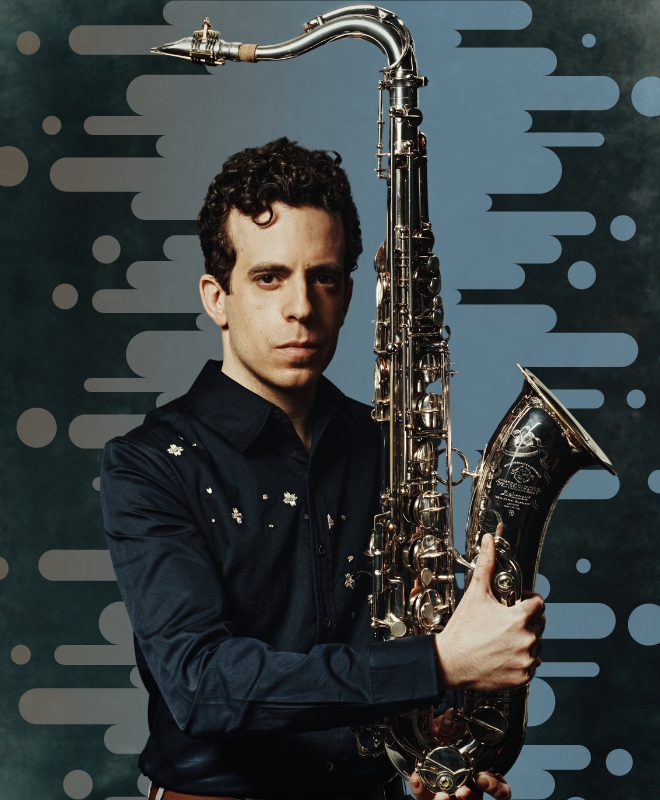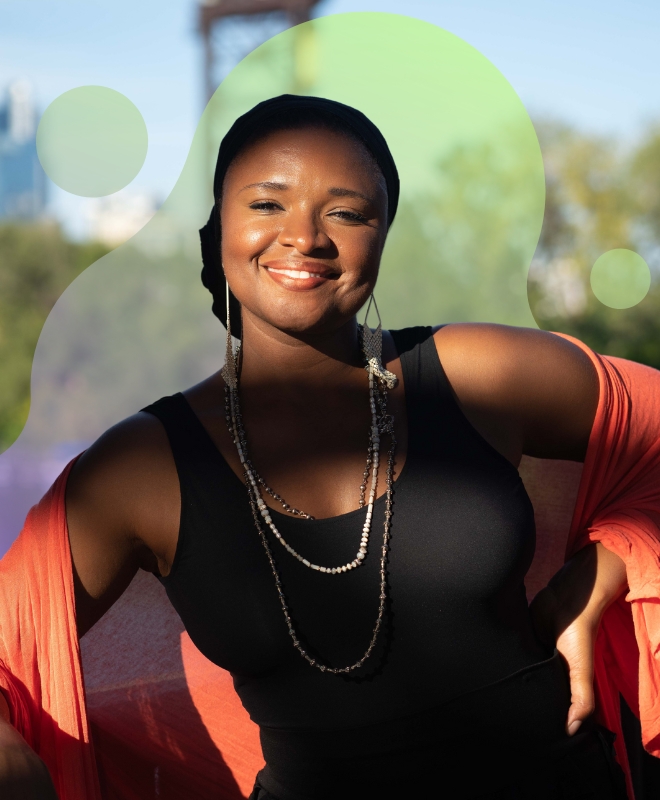Biography
AVISHAI’s PROJECTS
Avishai Cohen TRIO (with Roni Kaspi & Guy Moskovitch) // Avishai Cohen Banda “Iroko” // Avishai Cohen and Symphonic Orchestra
Avishai Cohen, born in Kabri, Israel on April 20th, 1970, has over the course of his career helped bring the bass into the spotlight and has pushed the boundaries of jazz. His work has earned him international awards and global recognition, including the prestigious Miles Davis Award at the Montreal Jazz Festival in 2023. Avishai has developed a strong network of followers and listeners, striking a chord with the audience wherever he has performed. Meanwhile, his unique compositions have been used in many films, TV and other media. The stage is undoubtedly a place where Avishai feels at home, so much so that attending one of his live performances is probably the best way to get acquainted with his musical universe. DownBeat magazine called Avishai “a jazz visionary of global proportions” while Bass Player magazine declared him one of the 100 most influential bass players of the twentieth century.
Avishai grew up in a multicultural family whose roots are found in Spain, Greece and Poland. At home, music was always in the air, with his mother Ora listening to both classical and traditional music. Avishai’s musical journey started when he began playing the piano at nine years old. After moving to St. Louis, Missouri with his family aged fourteen, he continued to study the piano and discovered the bass guitar. The electric bass put a spell on him when his teacher introduced him to the music of luminary bassist Jaco Pastorius and Chick Corea’s Return to Forever. Back in Israel, Avishai joined the Music and Arts Academy in Jerusalem and turned to the upright bass. At the age of 22, having served for two years in an army band, he decided to take a big step and moved to New York City.
Avishai arrived in a wintry New York, January 1992. Moving to the Big Apple was a challenging decision, emotionally as well as professionally. The young Israeli had a tough beginning; performing on the streets and working in construction to get by. These small steps gave his music a unique sense of authenticity. He enrolled at the New School in New York City and was a contemporary there of such artists as Brad Mehldau and Peter Bernstein. Avishai was soon to be performing and recording with Panamanian pianist Danilo Perez’s Trio, reflecting the essential role that Latin music played in Avishai’s early years in New York.
In 1997 a call from Chick Corea changed everything. Avishai had prepared for this moment. He had passed one of Corea’s friends a demo tape. Chick listened to it in his car and called Avishai back a few weeks later, blown away by its freshness. As a co-founder of Corea’s Origina ensemble and a member of Corea’s New Trio, for over six years Avishai became an integral part of Chick’s music and received the opportunity to fine-tune his skills as bassist, composer and bandleader. Performing and touring with the master pianist played an important part in shaping Avishai’s musicianship. Avishai considers Chick a teacher, colleague and dear friend.
Avishai’s first four albums (1998’s Adama, 1999’s Devotion, 2000’s Colors, and 2001’s Unity) were released under Corea’s label Stretch Records and already featured the essence of his musical vision and original compositions. Mediterranean and Latin influences, the use of horns and vocals created a sound that is truly unique. Unity deserves a special mention. It is the first recording to showcase Avishai on piano. The album was recorded with Avishai’s International Vamp Band, a group of fellow musicians from different parts of the world (Mexico, Argentina, Cuba and Israel). The idea behind the cutting-edge project was to allow different cultures to interact and converse using the medium of music, delivering a message of peace and harmony.
The growing range of projects he was involved in led Avishai to create his own record label (Razdaz Recordz) with his manager in 2002, enabling him to follow his own path as well as record talented young musicians he believed in.
Lyla (2003), Avishai’s debut release on Razdaz Recordz, reflected his multifaceted artistic personality. The album incorporates sounds ranging from Latin rhythms to electronics.
At Home (2005) can be regarded as a metaphor defining Avishai’s music, “Music makes one feel at home everywhere.” Most followers will also recognize At Home featuring the composition “Remembering,” an evocative ballad performed with trio and to this day the most demanded encore at his live performances. “Remembering” has also been included on many occasions in film and TV throughout the world.
The cosmopolitan Continuo (2006) followed with great success and displayed the magic of a working trio unit. While the trio has largely formed the basis of Avishai’s recorded output, over the years many different musicians have occupied the drum and piano chairs. Each one brings a fresh perspective to the music.
In 2007, the live recording As Is…Live at the Blue Note was recorded in New York during a series of concerts at the legendary club.
After residing for many years in New York City, Avishai returned to his roots and moved back to Israel, releasing a fresh musical statement linked to his heritage and history. Sensitive Hours / Shaot Regishot (2008) attained gold sales status in Israel and was the first album to introduce Avishai’s vocals in all its compositions as well as songs in Hebrew. The album has since been released worldwide to great acclaim.
With Gently Disturbed (2008), Avishai achieved a masterstroke, hitting the right balance between a powerful trio set and delicate compositions. This release was an amalgamation of melody and groove, complexity and simplicity perfectly executed by Avishai’s working trio including Shai Maestro (piano) and Mark Guiliana (drums). Reflecting on the record a set of shows celebrating its 10th anniversary, Cohen said, “That is not an easy book to get [back] into, it doesn’t matter what shape you are in…it’s exciting music…it’s just fun to play!”
Avishai has always been open to various musical influences in his career and he has dedicated his creativity to music that is meaningful to him. 2009 saw the international release of Aurora, which incorporates the Ladino language (spoken by Sephardic Jews) and culture. Says Cohen, “I find so much honesty, truth and innocence in those songs that I wanted to keep the language and tradition and make people aware of it.” With Aurora, Avishai surrounded himself with a new musical family; the album is a unique project that blends jazz, classical music and Sephardic traditions. Avishai’s vocals are out front, and he sings in the languages he feels close to (Hebrew, English, Spanish and Ladino). The multilingual album with a focus on vocals enabled Avishai to attract listeners and fans way beyond the borders of jazz.
Having already recorded the albums Continuo and Gently Disturbed at the Swedish studio Nilento, sound engineer Lars Nilsson had also become a part of Avishai’s artistic family. Avishai felt it was the perfect place to record Seven Seas (2011), his second album with EMI / Blue Note. Seven Seas showcases Avishai’s compositional mastery, with tracks such as Halah and Dreaming combining the intensity of Avishai’s best trio work with his delicate vocal arrangements and ornamental horn parts. The record marked a new international high for Avishai in terms of record sales and remained in the French jazz charts throughout 2011 and 2012.
The same sessions that produced Seven Seas also produced Duende (2012). A Spanish word referring to the spirit, the groove, Duende is recorded in the intimate yet challenging format of the piano and double bass duo in tandem with Nitai Hershkovits. It was indeed an enchanted and natural dialogue through music that shed new light on jazz standards (Monk’s “Criss Cross”, Porter’s “All Of You” and Coltrane’s “Central Park West”) and brought these arrangements by Avishai to the fore. The album, Avishai’s first full duo record, won a German Jazz Echo Award for Best International Album 2013.
Throughout 2013, Avishai presented a new, unique project, “Avishai Cohen with Strings” to a worldwide audience. At the center of this project was a string quartet with a twist: Avishai replaced one of the violins with a viola in order to benefit from its darker timbre and create more depth. An oboist was further added to the ensemble and joined Avishai’s core trio. Avishai’s warm vocals in Hebrew, Ladino and Spanish subtly created a mood that complimented the luscious instrumentation on his own one of a kind compositions. He found in this original configuration – “a classical setting with an escape into jazz” as he described it himself – the best way to fully express his love for both.


















